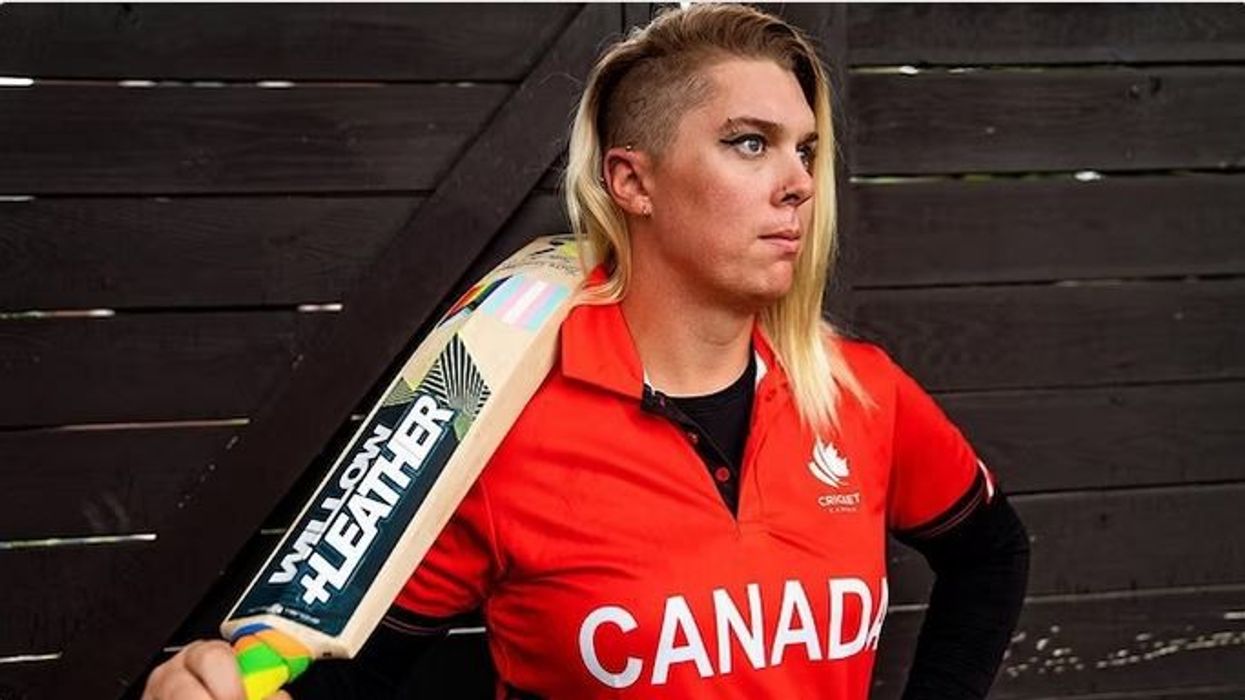CANADIAN transgender cricketer Danielle McGahey has brought an end to her international career after the game's governing body said any player who had been through male puberty would not be able to compete in the women's game at the elite level.
The International Cricket Council (ICC)'s decision, made at a board meeting on Tuesday (21), follows similar rulings over the last couple of years by the global chiefs of swimming, rugby union, cycling and athletics.
The ICC said in a statement: "The changes to the gender eligibility regulations resulted from an extensive consultation process and is founded in science and aligned with the core principles developed during the review.
"Inclusivity is incredibly important to us as a sport, but our priority was to protect the integrity of the international women's game and the safety of players."
Transgender advocacy groups say excluding trans athletes amounts to discrimination. Critics of transgender inclusion in women's sport say going through male puberty imbues athletes with a huge musculo-skeletal advantage that transition does not mitigate.
The ICC said the ruling, which followed a nine-month consultation process and applies only to international cricket, would be reviewed after two years.
Australian-born McGahey, who has played international cricket for Canada for more than a year, said the campaign for transgender inclusion in women's sport would continue.
"Following the ICC's decision this morning, it is with a very heavy heart that I must say that my international cricketing career is over," the 29-year-old wrote in an Instagram post.
"I promise I will not stop fighting for equality for us in our sport, we deserve the right to play cricket at the highest level, we are not a threat to the integrity or safety of the sport. Never stop fighting!"
(Reuters)





